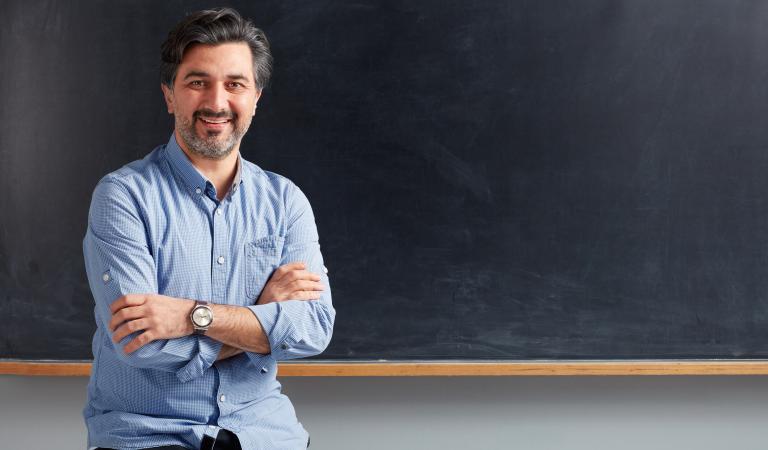Rachel Halsall is Head of Teacher Training at IH Newcastle in the UK
How long were you an EFL teacher, and how long have you been a teacher trainer?
I have been teaching since 2005 and started teacher training in 2012.
Did you have a different career before EFL?
I worked for a volunteer-led international development charity in London for 2 years whilst finishing my Master’s, before going off to my first full-time teaching post in Poland.
What are your hopes/aspirations for your trainees?
I want to help them to help other people. Teaching English can equip students with the skills and qualifications that they need to really make a difference to their own lives, and those of their families and communities. It’s a passport to a better life for many people. The more teachers – and the more good teachers we have – the more that can happen.
When you were an EFL teacher what did you like most, and how do you bring that into the classroom for your trainees?
I like to think that I’m still an EFL teacher, even if I don’t get as many opportunities to be in the classroom as I’d like these days. One of the most important sessions on our Celta is the demo lesson that the tutors teach on the first day; the trainees see the tutors teaching the students; so they know that we’re not asking them to do anything we can’t or won’t do ourselves.
When I teach, I love seeing students having genuine ‘aha!’ moments, when they see the real meaning of language in terms of the situation it’s used in, when there’s that real negotiation of meaning. I try to get my trainees to do this too – it’s not all about the ‘rules’ that course books present in an over-simplified way.
What advice would you give your trainees for successfully completing the course?
Definitely be organised. Time management and efficiency is the key. Don’t overthink things – there will be time for this after the course. Trust what the tutor is telling you, and do it.
What advice would you give your trainees for an interesting and rewarding career?
Try everything. Don’t be afraid to experiment in the classroom (after your course!) and see where it takes you. Try different places, different teaching contexts, different class types and different methods. You’ll then find ‘your thing’ and you’ll have developed a lot in the process.






